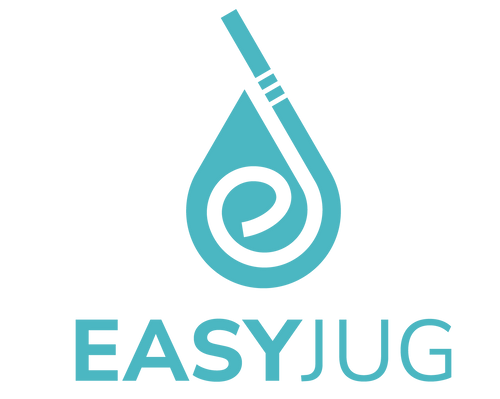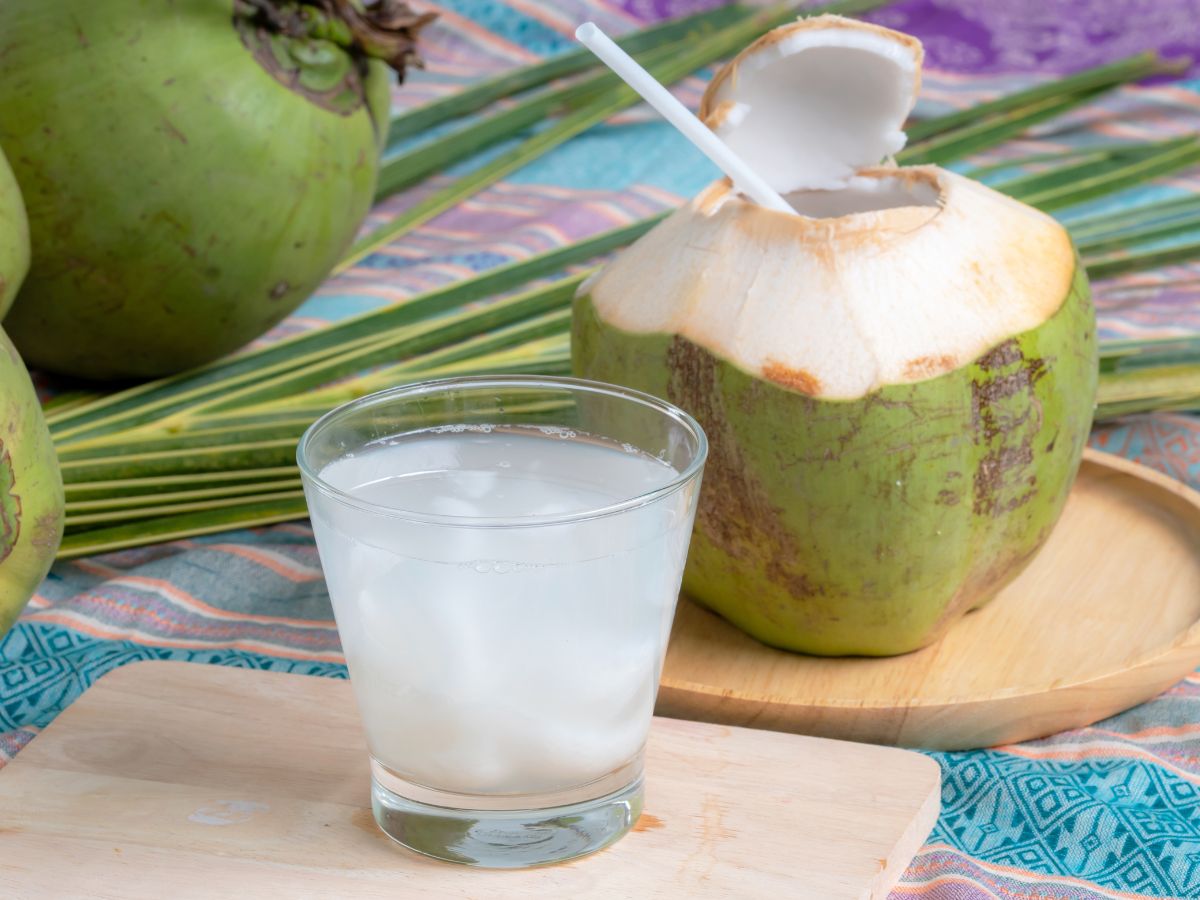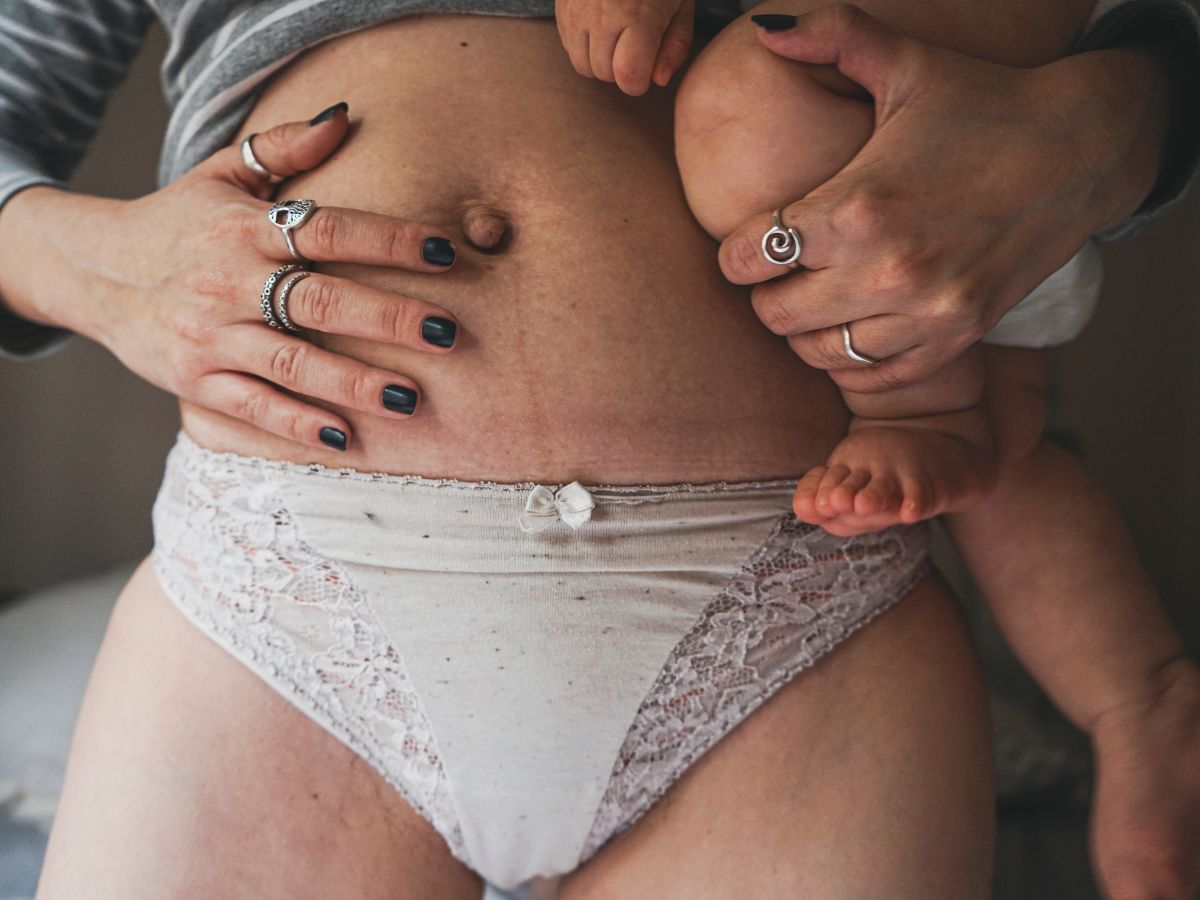Entering the first trimester of your second pregnancy can feel like a unique blend of déjà vu and uncharted territory. With your body already familiar with the journey of pregnancy, you might notice symptoms earlier and perhaps even more intensely than the first time. This stage brings a variety of physical and emotional changes that can be both exciting and challenging. Understanding these common symptoms and learning how to manage them can help you navigate this period with greater ease and confidence. Whether it’s dealing with fatigue, morning sickness, or the joy of feeling those first fetal movements, being prepared can make all the difference as you embark on this new chapter of motherhood. Read on to discover essential tips and insights that will support you through this remarkable journey.
What to Expect: First Trimester Symptoms
Experiencing the first trimester of a second pregnancy can be different from your first time. You may notice symptoms earlier and feel them more intensely due to your body’s prior experience with pregnancy. Here are some common first trimester symptoms and tips to manage them:
-
Fatigue and Frequent Urination: Your body is working hard to support your new baby, which can make you feel more tired than the first time around. Make sure to rest whenever you can and stay hydrated. EasyJug water bottles make it easy to hydrate even while you lay down to rest.
-
Morning Sickness and Less Morning Sickness: Interestingly, some second-time moms report less morning sickness. However, if you do experience it, try small, frequent meals and ginger tea to ease nausea. Read more about the Best Candies And Pregnancy Lollipops For Nausea.
-
Physical Changes and Abdominal Muscles: Your uterine muscles and abdominal muscles may stretch and grow more quickly, resulting in an earlier baby bump. Embrace these changes as your body remembers its previous pregnancy journey.
-
Back Pain and Varicose Veins: As your body adjusts, you might experience back pain or varicose veins. Gentle exercise, like prenatal yoga, can help alleviate discomfort and improve circulation.
-
Emotional and Behavioral Changes: Hormonal shifts can lead to mood swings. Don’t hesitate to reach out to a healthcare provider if you need support. Taking care of your mental health is just as important as your physical well-being.

Health and Safety: Prenatal Care Essentials
Regular prenatal visits are crucial to monitor your health and your baby’s development. Here are key aspects to focus on during your first trimester:
-
Blood Tests and Screening Tests: These tests check for various conditions such as gestational diabetes, blood pressure levels, and neural tube defects. Early detection allows for better management and care.
-
Healthy Diet and Physical Activity: Maintaining a balanced diet rich in folic acid, vitamins, and minerals supports your baby’s growth. Incorporating physical activity, as recommended by your healthcare provider, can enhance your well-being and prepare your body for childbirth. Read more about The Best Yoga Ball Exercises for Pregnancy and Labor
-
Managing Health Conditions and Risk of Miscarriage: If you have existing health problems or medical conditions, discuss them with your healthcare provider to manage your pregnancy safely. Understanding the increased risk of miscarriage helps in taking prompt action if needed.

Preparing for Your New Baby
Welcoming a second child brings new dynamics to your family. Here’s how to ease the transition:
-
Involving Your Older Child: Prepare your older child for their new sibling. Encourage them to participate in baby preparations, making them feel included and excited about becoming a big brother or sister.
-
Adjusting to Second Pregnancy Symptoms: Every pregnancy is unique. You might experience different or intensified symptoms compared to your first pregnancy. Listen to your body and adjust your routines accordingly.
-
Planning for Postpartum Recovery: Just like the first time, postpartum recovery is crucial. Plan ahead for support and resources to help you recover physically and emotionally after the birth of your new baby.
Prepping for Postpartum Recovery: Hydration's Crucial Role

Importance of Hydration
For pregnant women, especially those in their second pregnancies, staying hydrated is one of the best ways to ensure a smooth postpartum recovery. Hydration plays a pivotal role in various bodily functions that are critical for new mothers. Here’s why hydration is so important:
-
Supports Overall Health: Proper hydration helps maintain a healthy weight and supports all bodily functions, which is especially crucial during the postpartum period when your body is recovering from childbirth, whether it was a vaginal delivery or a caesarean section.
-
Aids in Milk Production: For breastfeeding mothers, hydration is essential for milk production. Dehydration can reduce your milk supply, making it harder for your baby to get the nutrients they need.
-
Reduces Postpartum Complications: Staying hydrated can help reduce common postpartum issues such as constipation, urinary tract infections, and hemorrhoids. It also aids in the recovery of abdominal muscles and uterine contractions.
-
Boosts Energy Levels: Hydration helps combat the fatigue that often accompanies caring for a new baby. It supports overall energy levels, making it easier to manage the demands of a newborn and any older children you may have.
Challenges of Staying Hydrated
Despite its importance, many first-time parents and those with subsequent pregnancies find it challenging to stay adequately hydrated. Here’s why:
-
Busy Schedules: With a new baby, especially for first-time parents or those managing young children, finding time for self-care can be difficult. The constant demands of a newborn leave less time to focus on personal needs like hydration.
-
Physical Discomfort: Postpartum women often experience physical discomforts such as pelvic pain, breast tenderness, and long periods of fatigue, which can make it easy to overlook the need for regular hydration.
-
Disruptions in Routine: The transition from pregnancy to caring for a newborn disrupts regular routines. This adjustment period can make it challenging to remember to drink enough water, especially when dealing with sleep deprivation and the needs of a growing family.
-
Medical Concerns: Some women may experience postpartum complications, such as high blood pressure or postpartum depression, which can further complicate efforts to stay hydrated. Additionally, those recovering from a caesarean section may face additional mobility challenges that make getting up for a drink more difficult.
- Nap Trapped: Being nap trapped with your baby can make it difficult to reach for your water bottle. It’s easy to become dehydrated when you’re stuck in one position, unable to move freely without disturbing your little one.
- Late Night Feedings: Hydrating during late night feedings when you’re lying down in bed can be particularly challenging. The combination of exhaustion and the inconvenience of getting up for water can lead to dehydration.
Practical Tips for Staying Hydrated
Here are some practical tips to help you stay hydrated during your postpartum recovery:
-
Keep Water Accessible: Always keep a water bottle within reach, especially when breastfeeding. EasyJug water bottles are designed for convenience, making it easier to stay hydrated even when you have your hands full with your new baby.
-
Set Reminders: Use alarms or apps to remind yourself to drink water regularly. Consistent reminders can help establish a routine, ensuring you drink enough throughout the day.
-
Incorporate Hydrating Foods: Include foods with high water content in your diet, such as fruits and vegetables. This not only aids in hydration but also provides essential nutrients that support your recovery. Read more about Facts: Is Coconut Water Good For Pregnant Women.
-
Listen to Your Body: Pay attention to signs of dehydration, such as dry mouth, dark urine, and dizziness. If you notice these symptoms, increase your water intake and speak with your healthcare provider for additional guidance.
-
Involve Your Support System: Don’t hesitate to ask for help from your partner, family, or friends. They can assist in reminding you to drink water and ensure you have what you need to stay hydrated.
Why EasyJug is the Best Water Bottle for Breastfeeding Moms
At EasyJug, we understand that staying hydrated while breastfeeding can be challenging, especially when you're nap-trapped with your baby or trying to hydrate during late-night feedings. That's why we've designed the EasyJug Ultimate Bundle to cater specifically to the needs of breastfeeding moms, making your hydration journey as seamless and comfortable as possible.
The EasyJug Ultimate Bundle includes everything you need to make your breastfeeding journey nourishing and comfortable. Here’s what you get:
-
1 EasyJug Hands-Free Water Bottle with Long Straw: The EasyJug is a 2.2L breastfeeding water bottle equipped with a 47-inch long straw, allowing you to hydrate hands-free in any breastfeeding position, even when lying down. This means you can stay comfortably hydrated without having to reach for your water bottle constantly.
-
1 External Clip: This handy clip keeps your water within reach at all times. Whether you’re at your nursing station or in bed during a late-night feed, you can easily access your water without disturbing your baby.
-
1 Cleaning Brush: Ensuring your straw stays clean is effortless with our included cleaning brush, promoting healthy hydration habits.
Convenient and Practical Design
EasyJug is designed with the practical needs of breastfeeding moms in mind:
-
Hospital Bag Essential: Pack EasyJug in your hospital bag for post-delivery hydration. Drinking easily is crucial, especially when it may be uncomfortable to move or sit up after childbirth.
-
Nursing Station Must-Have: Keep EasyJug at your nursing station to stay hydrated when your hands are full holding your baby. The long straw allows you to sip water without having to put your baby down, making it easier to maintain your hydration levels.
-
Late-Night Feeds Made Easy: During late-night feeds, keep EasyJug by your bedside. Hydrate while nursing comfortably in the side-lying position without having to sit up or reach awkwardly.
Designed for Comfort and Efficiency
Our water bottle is not just about convenience; it’s about promoting healthy habits and supporting your breastfeeding journey:
-
Hands-Free Hydration: The long straw design means you can drink water effortlessly while holding your baby. This hands-free feature is particularly beneficial during the early postpartum period when you need to focus on recovery and bonding with your newborn.
-
Leak-Proof Design: After you’re done drinking, simply clip the straw on top of the lid to prevent leakage. This ensures your hydration routine is mess-free and efficient.
-
Supports Recovery: Staying hydrated promotes better milk production, helps with postpartum recovery, and supports overall health. EasyJug makes it simple to integrate hydration into your daily routine.
Stay Hydrated, Promote Healthy Habits
At EasyJug, we believe in supporting moms through every step of their breastfeeding journey. Our hands-free water bottle is designed to make hydration effortless, allowing you to focus on what truly matters – nurturing your baby. By staying hydrated, you support healthy habits, enhance your breastfeeding experience, and aid in your recovery.
Make EasyJug an essential part of your breastfeeding journey. Sip, relax, and stay hydrated with ease.
Conclusion
Navigating the first trimester of your second pregnancy can bring a mix of familiar and new experiences. From managing symptoms like fatigue and morning sickness to preparing for postpartum recovery, understanding what to expect can make this journey smoother. Staying hydrated is a key component of both prenatal and postpartum health, and with the right tools, like the EasyJug Ultimate Bundle, you can ensure that hydration is one less thing to worry about. EasyJug is designed to cater to the unique needs of breastfeeding moms, making it easier to stay hydrated and healthy while caring for your new baby. Embrace this exciting time with confidence, knowing that you have the support and resources to thrive. Here's to a healthy, hydrated, and joyful pregnancy journey!







